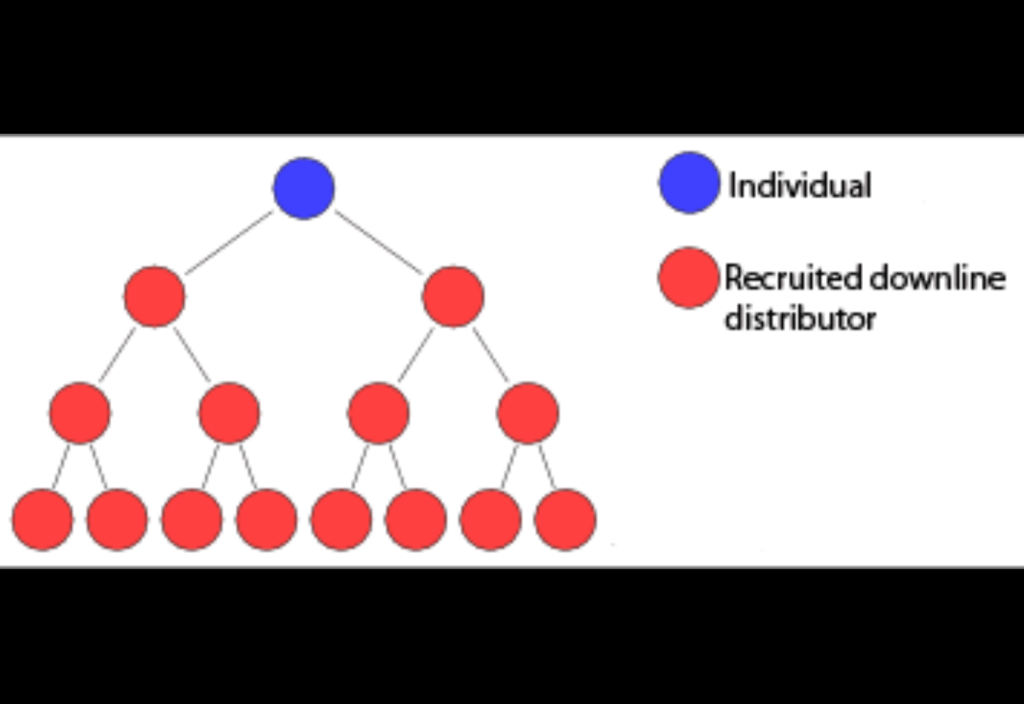Multi-level companies want to go into China. But as the following portion from a memorandum from one of our China compliance lawyers shows, multi-level marketing in any form is prohibited in China per the Regulations for the Prohibition of Pyramid Selling (2005).
Article 7 of the Pyramid Selling regulations prohibits the following:
- Payment to promoters based on the recruitment of other promoters, rather than based on sales to customers.
- Requirement that recruiters and promoters pay a direct fee or indirect fee to participate.
- Creation of a multi-level relationship where promoters on higher levels are paid based on the performance of promoters at lower levels.
The prohibition on such multi-level marketing is absolute and is not related to the product or service. Any kind of compensation related to such multi-level marketing systems is prohibited, regardless of the type of business. There are no exceptions. To comply with the prohibitions on certain multi-level marketing sales, any compensation system for Chinese employees must hew to the following eight basic rules:
1. Employment must be concluded pursuant to a written employment agreement. The first term of the typical employment agreement must typically be for from one to six years. After the first term expires, the employer can decide whether to continue the employment relationship. If employment continues, there is no fixed term. It is difficult to terminate employees. Many disputes arise regarding such terminations after the first term. If there are any irregularities in the compensation system, such irregularities will be used by the employee to extract a benefit from or harm the employer as an act of revenge. For this reason, extreme care in following the law in this area is required.
2. Employees must earn a base salary per month at least equal to the local minimum wage.
3. An employee’s remaining salary can be based on commissions and bonuses. The commission/bonus system must be carefully designed so as not to violate the prohibition on certain types of multi-level marketing sales. The rules for payment must be clearly stated and carefully followed. Most importantly, the commission/bonus must be based on sales to third-party customers; it cannot be based on recruitment of new employees or the sales performance of employees other than the recipient of the bonus.
4. It is acceptable for the bonus of a manager to be based on the performance of that manager’s group or division within the company. However, this performance must be based on sales to customers, not on recruitment or on services/sales to other employees or divisions of the company. It is, however, easy for such bonuses to fall afoul of the multi-level marketing sales regulations, and foreign companies are regularly fined for breaking the rules in this area. Care in designing this type of bonus is therefore required.
5. Employees must be provided with a suitable work location. It is, however, acceptable for the employees to choose to work from home. Employees can make direct sales calls to business customers. Employees may make contact with non-business consumers in public locations. Door-to-door direct sales to consumers are typically (though not always) prohibited.
6. Employee income must be properly reported and all taxes and social benefits must be paid to the appropriate Chinese authorities, including tax and benefits on commission/bonus payments. PRC taxes and benefits generally approximates 40% of the total salary paid.
7. It is not permissible for Chinese individuals to own shares of a WFOE. Thus, no part of the compensation can be based on the promise of future share ownership in the WFOE. And without specific approval, no Chinese individual can own shares in a foreign company. Thus, a promise of participation in a future IPO cannot form a part of compensation.
8. Under limited circumstances, it is possible to create an employee stock option plan that will provide for ownership of the foreign parent of a WFOE. Such plans must be formally approved by the relevant government agencies. As with the United States, China taxes the capital gains on this kind of stock transaction and there is a regulatory burden involved in ensuring proper reporting.
As is true of so much about doing business in China, there are workarounds, but none are great.
* Multi-level marketing (sometimes called network marketing) is usually defined as a strategy that encourages a company’s distributors to recruit new distributors by paying the distributors a percentage of their recruits’ sales.

























